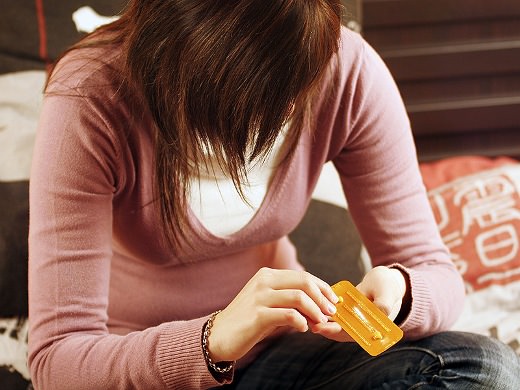The morning after pill: Myths to eradicate
How much do you know about the morning after pill? It is the best known emergency contraceptive method, but this has not prevented that has been surrounded by some myths and false beliefs.
Myths that should be removed not to use it in an inadequate way, and above all to know at what point we can use the morning-after pill. A situation similar to that which has occurred with other issues related to female sexuality, such as the myths that have surrounded menstruation or the contraceptive pill. Let’s see what the main misconceptions about this emergency pill are.
Table of Contents
The morning after pill causes pain
The first pills that came to the market did have more intense side effects, including feeling pain, nausea or increased breast tenderness. However, as with other contraceptive methods, the composition of these pills also has been improved, having reduced estrogen levels, responsible for the discomfort that it generated. Today we can say that this is a myth.
The morning after pill reduces fertility
It is another of the most widespread myths and absolutely not true if administered properly. Do not use the morning after pill as a substitute for other contraceptive methods.
The morning after pill is an emergency or urgency method that should only be used if failure the contraceptive method used during intercourse (for example, condom breakage, forgetting about taking the pill, expulsion of the diaphragm during intercourse).
The morning after pill is abortive
As experts on sexual health and gynecology have pointed out on numerous occasions, the morning after pill is not at all an abortion pill, among other reasons because its composition is different. In fact, if the egg has already been fertilized the effectiveness of the morning after pill is zero.
The levonorgestrel, its active ingredient, absolutely prevents the implantation of the fertilized egg, as it noted the latest scientific review conducted by The International Federation of Gynecology and obstetrics, FIGO and The International Consortium for Emergency Contraception. Its mechanism of action, according to science, prevents or delays ovulation, but does not interfere in the implementation or influences in endometrial thickness.
The emergency pill is more effective than morning after pill
Effectively its effectiveness is demonstrated in both cases, but the contraceptive pills of daily use are more effective, hence it is not advisable to think that it can be replaced by the emergency pill.
The morning after pill must be taken immediately
It is true that the sooner it is administered, the greater its effectiveness, but this does not mean that it has to be run out because its effectiveness within the next 24 hours is 95%. If it is taken within 24 to 48 hours, its effectiveness is reduced to 85%, and between 48 and 72 hours it would be 58%.
